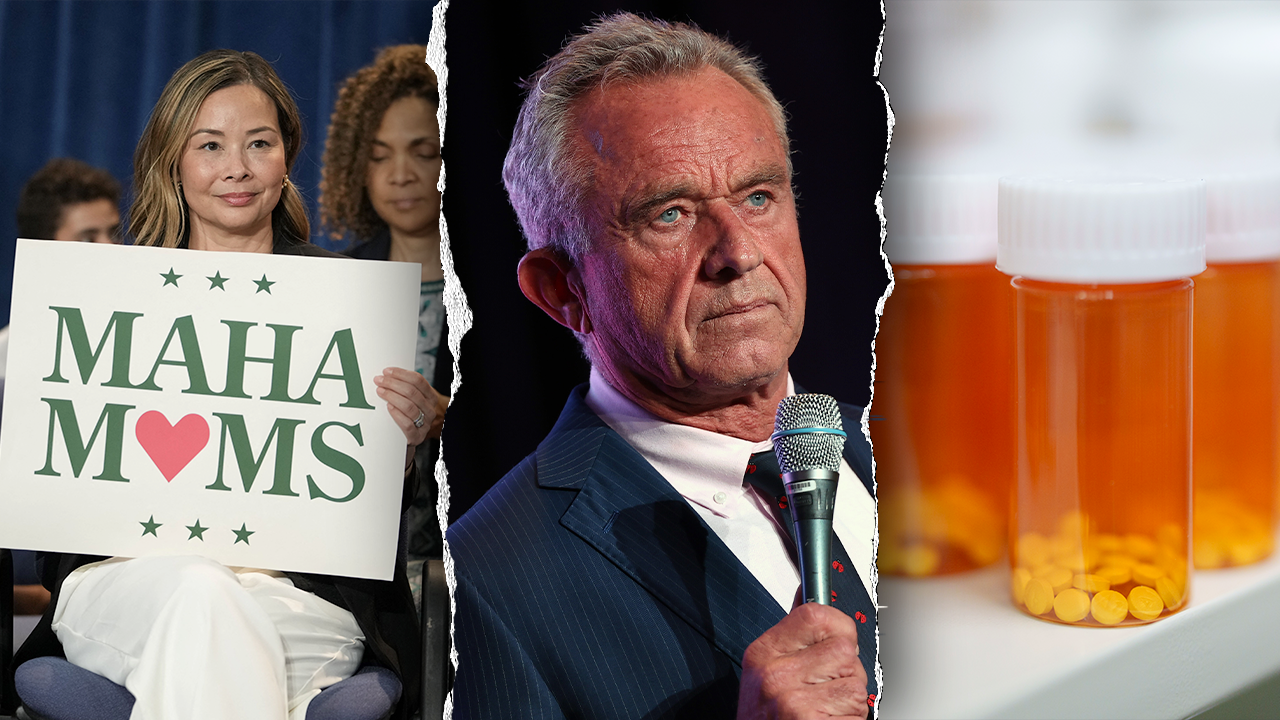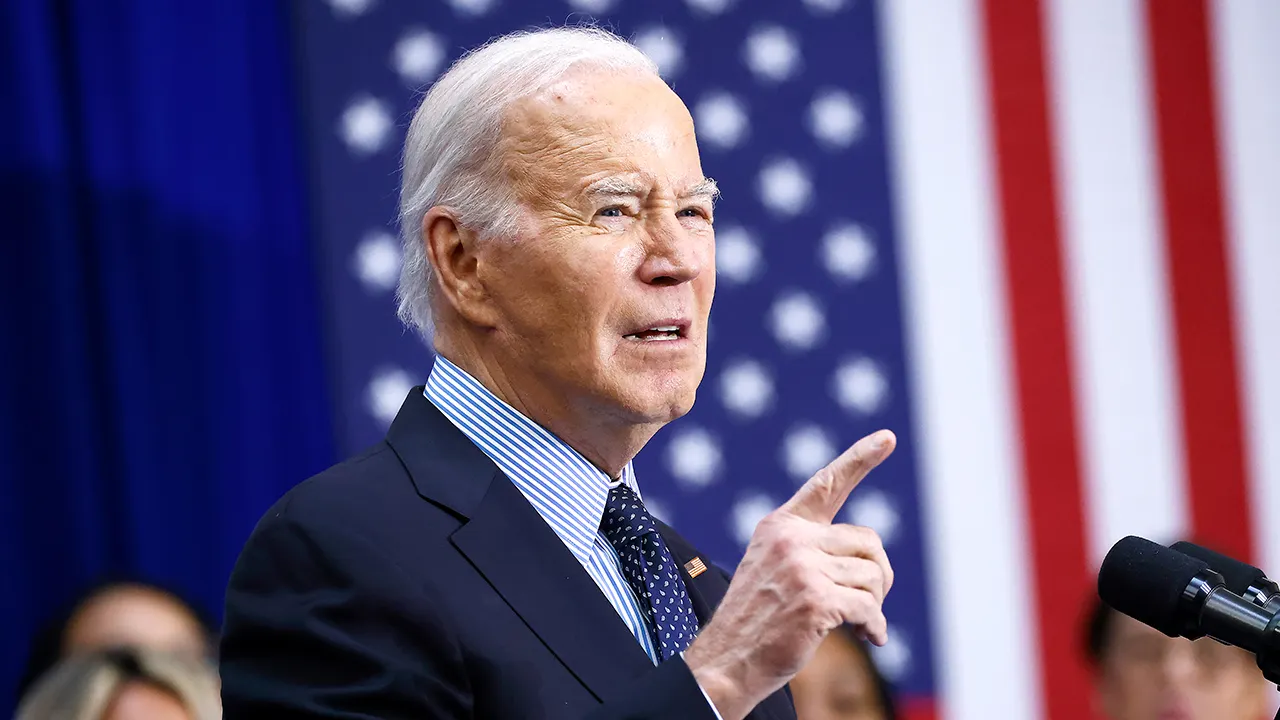Alarming Report Reveals Child Health Crisis & National Security Risks – RFK Jr.'s MAHA Commission Calls for Urgent Action

The Make America Healthy Again (MAHA) Commission, spearheaded by Robert F. Kennedy Jr., has released a deeply concerning report detailing a dramatic decline in the health of American children and highlighting significant national security implications. The report, eagerly awaited by many, paints a stark picture of rising chronic diseases, weakened immune systems, and a potential future generation struggling with health challenges that could impact the nation’s stability.
A Crisis in Childhood Health
The MAHA report focuses on a disturbing trend: an unprecedented surge in chronic illnesses among U.S. children. Conditions like asthma, allergies, autoimmune disorders, behavioral issues, and learning disabilities are becoming increasingly prevalent. The report attributes this rise to a complex interplay of factors, including environmental toxins, processed foods, lack of access to quality healthcare, and potential adverse effects from vaccines. While acknowledging the importance of vaccines, the commission calls for greater transparency and independent research into their potential long-term impacts on child health.
“We are witnessing a silent epidemic affecting our children,” stated Robert F. Kennedy Jr. during the report's release. “The current trajectory is unsustainable, and we must take immediate, decisive action to reverse this trend and safeguard the health of future generations.”
National Security Concerns Arise
Beyond the immediate health implications, the MAHA report raises serious national security concerns. A generation of chronically ill children will face significant challenges in contributing to the workforce, defending the nation, and maintaining economic stability. The report argues that a weakened population is a vulnerable population, making the United States susceptible to external threats. The commission suggests that investing in preventative healthcare and promoting healthy lifestyles is not just a moral imperative but a strategic necessity for national security.
Systemic Reforms – A Call to Action
The MAHA Commission’s report doesn't just identify problems; it proposes a comprehensive set of systemic reforms. These include:
- Increased Funding for Independent Research: Prioritizing unbiased research into environmental toxins, nutrition, and the long-term effects of medical interventions.
- Promoting Healthy Food Choices: Supporting policies that encourage access to nutritious, whole foods and discourage the consumption of processed foods high in sugar and unhealthy fats.
- Environmental Remediation: Addressing environmental pollution and exposure to toxins that contribute to chronic diseases.
- Healthcare Accessibility: Ensuring all children have access to quality, affordable healthcare, including preventative care and mental health services.
- Transparency and Informed Consent: Providing parents with comprehensive information about medical interventions, including potential risks and benefits, to enable informed decision-making.
Controversy and Debate
The MAHA report has already sparked significant controversy and debate. Critics argue that the report oversimplifies complex health issues and promotes unsubstantiated claims about vaccines. However, supporters praise the commission for raising awareness about the growing child health crisis and advocating for systemic change. Regardless of one's perspective, the MAHA report has undoubtedly ignited a crucial conversation about the health and well-being of America’s children and its impact on the nation’s future.
The full report is available for review on the MAHA Commission’s website, providing a detailed analysis of the challenges and potential solutions outlined above. It’s a document that demands attention and inspires a renewed commitment to safeguarding the health of our youngest citizens.




